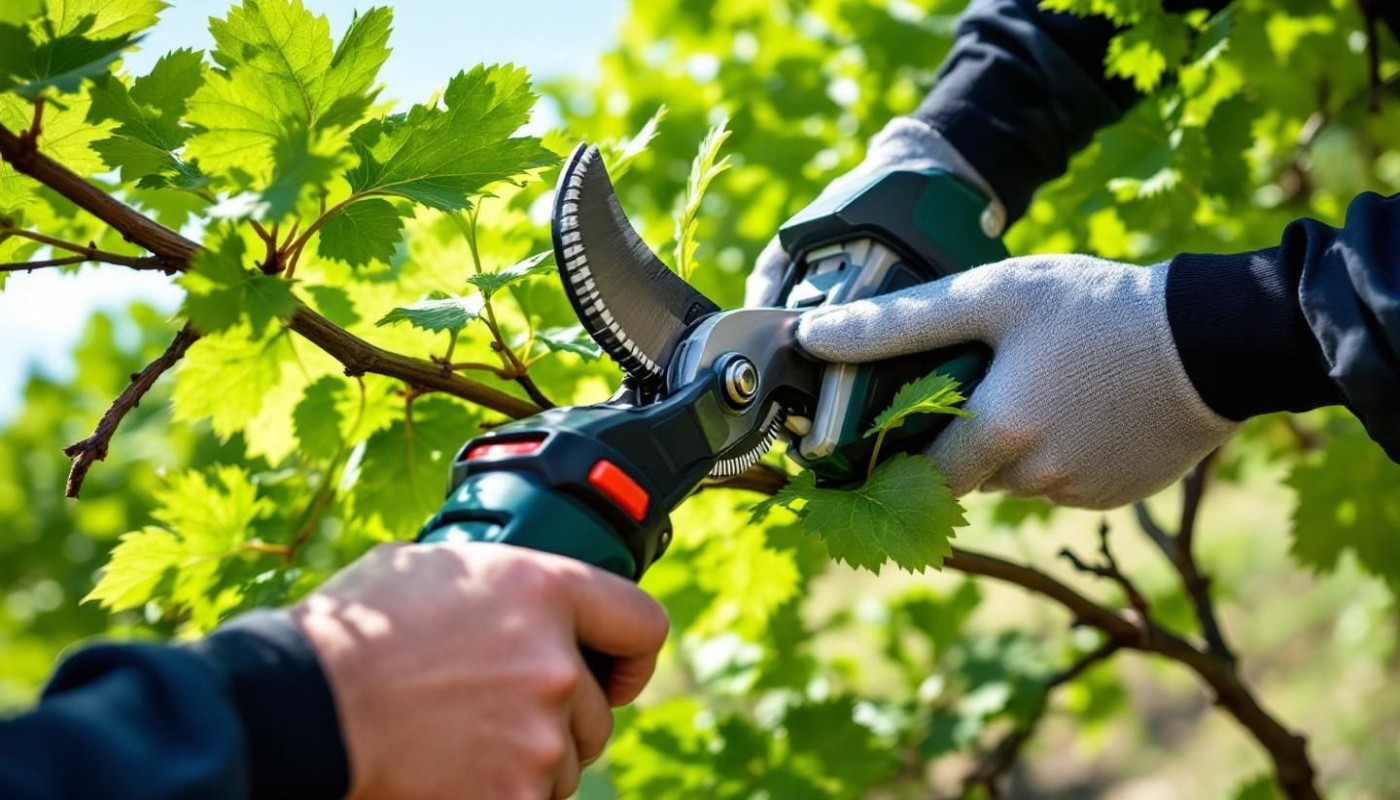Table of contents
Innovative, sustainable and efficient—these are but a few words that encapsulate the essence of hydroponics. Revolutionizing traditional gardening techniques, this method offers an exciting alternative for urban dwellers or those with limited outdoor space. Hydroponics presents a unique opportunity to cultivate plants without soil; offering faster growth rates and significantly higher yields. This article delves into how hydroponics can revolutionize garden spaces regardless of size or location, thereby transforming our approach towards horticulture in an increasingly urbanized world.
The Science Behind Hydroponic Gardening
Hydroponic gardening, also known as soilless cultivation, is a transformative technique in gardening that's rapidly gaining traction worldwide. It's not just a buzzword, but a practice grounded deeply in the sciences of botany and agriculture.
The principle behind hydroponic science is straightforward – growing plants without soil. Instead of drawing nutrients from the ground, plants are provided with a nutrient-rich solution that caters to their physiological needs, directly to their roots. This highly efficient method of delivering nutrients results in high yield gardens, as plants can focus more on upward growth instead of expanding their root systems to search for nourishment.
The sustainable cultivation practices involved in hydroponic gardening have numerous benefits over traditional methods. For one, there's a significant reduction in water usage, as the closed system recirculates the nutrient solution, minimizing waste. In addition, the risk of soil-borne diseases and pests is essentially nonexistent, as the growing medium is sterile.
One prominent method in hydroponic gardening is the 'Nutrient Film Technique' (NFT). This technique involves the continuous flow of nutrient solution over the roots of the plant, creating a thin film of nutrients that the plant can readily absorb. This technique is usually employed by agricultural scientists and botanists specializing in hydroponics, due to its efficiency and the high yields it produces.
Thus, hydroponic gardening, with its soilless farming technology and sustainable cultivation practices, is revolutionizing garden spaces and the way we cultivate our plants. Not only is it scientifically fascinating, but it also carries immense potential for efficient, sustainable, and high-yielding gardening.
Designing Your Own Hydroponic Garden Space
Knowledge on how to structure your individual indoor or compact hydroponic garden is vital for prosperous application. Some related terms to consider include: space-saving horticulture, indoor gardens, structuring hydroponics system, DIY Hydroculture setup, and city farming solutions. A professional landscape architect with a focus on city farming could provide valuable insights while clarifying ideas such as Aeroponics.
Eco-Friendliness of Hydroponic Systems
The innovative practice of hydroponic gardening is rapidly reshaping the landscape of urban agriculture, offering an array of eco-friendly benefits. Central among these is significant water conservation. Unlike traditional farming methods that can be wasteful, hydroponic systems use considerably less water, making them a compelling choice for the environmentally conscious.
Another pivotal advantage of hydroponics is the potential to reduce carbon footprint. By localizing food production, hydroponics minimizes the need for extensive transportation, thus lowering greenhouse gas emissions. This facet of hydroponics aligns with the green living lifestyle, encouraging sustainable practices that benefit both the planet and its inhabitants.
A seasoned environmental activist would agree that hydroponics represents a larger shift towards closed-loop systems, a concept paramount in ecology and sustainability. These systems aim to reuse resources as much as possible, minimizing waste and further promoting the ethos of sustainable living. Thus, hydroponic gardening proves itself not just as a gardening revolution, but also as a key player in driving eco-friendly living.
Nutritional Benefits of Homegrown Produce
The nutritional advantage of homegrown produce reaped from contemporary soil-free farms is a topic worth discussing. These fresh, organic yields can be a significant game-changer for many households. The freshness factor is a key aspect that boosts the nutritional value of these farm products. Homegrown produce benefits are numerous, including improved taste, texture, and nutrient content.
When it comes to the nutritional value, it is worth mentioning phytonutrients, a significant term in the nutrition world. Phytonutrients are compounds that are found in fruits and vegetables that have been proven to be highly beneficial for human health. These compounds work synergistically to provide antioxidant, anti-inflammatory, and liver-health-promoting activities, among other benefits. A certified nutritionist is a reliable source to discuss more about these complex and crucial nutrients.
The organic nature of these soil-free farm products contributes to the enhancement of their nutritional value. Fresh vegetables and fruits harvested from an organic farm-to-table system can significantly improve the nutrient intake of the consumers, thereby promoting overall health and well-being.
Similar

How Modern Electric Pruners Enhance Farming Efficiency?

Minimalist Interiors - The Future of Decoration

Embracing the Charm of Vintage Home Renovations

Exploring The Vibrant World Of Pop Art: Techniques, Inspirations, And Tips For Home Decor

